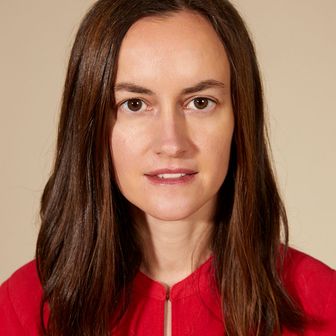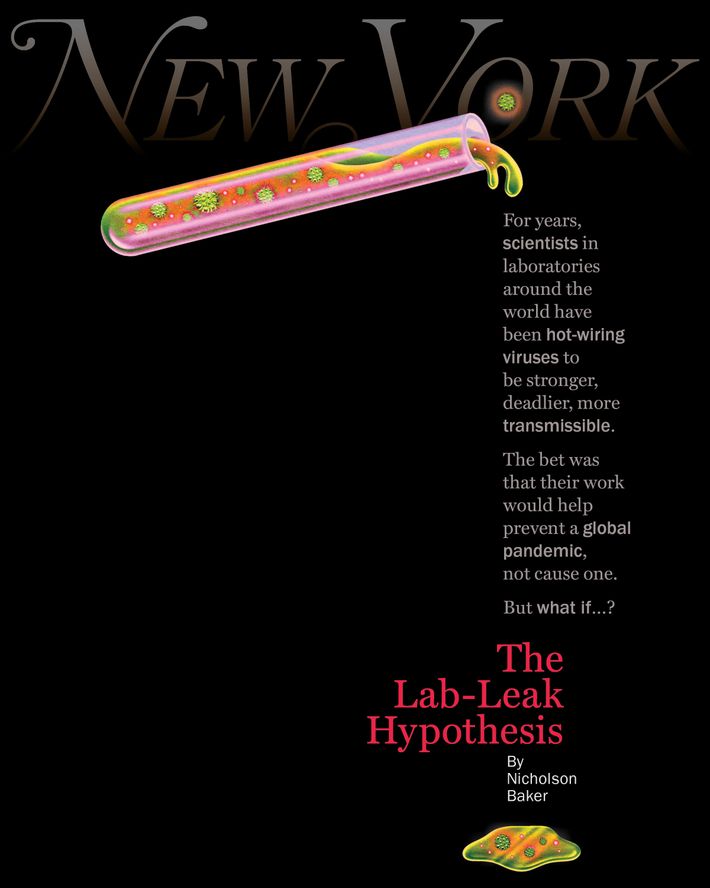For New York Magazine’s latest cover story, Nicholson Baker explores the disturbing possibility that the coronavirus pandemic was the result of an unintentional lab accident in Wuhan, China: “I keep returning to the basic, puzzling fact: This patchwork pathogen, which allegedly has evolved without human meddling, first came to notice in the only city in the world with a laboratory that was paid for years by the U.S. government to perform experiments on certain obscure and heretofore unpublicized strains of bat viruses—which bat viruses then turned out to be, out of all the organisms on the planet, the ones that are most closely related to the disease. What are the odds?” Baker notes that as soon as the disease appeared it “was intercepted—stolen and politicized by people with ulterior motives,” and thus the question of its origin has been under-examined, with the possibility of a lab origin almost taboo. But his article suggests we ignore the possibility of human error at our peril.
“One of the great mysteries of this pandemic—where did it originate?—is twinned with a meta-mystery: Why has the question of its origin not been explored more vigorously?,” says New York editor-in-chief David Haskell. “Nicholson Baker’s piece does just that, surfacing and carefully evaluating the possibility that its origins were not purely natural, and forcing us to reckon with the bet the international scientific community has made around the dangers of ‘gain-of-function’ research. We may never know for certain where SARS-2 arose, but a lab leak is far from impossible, and it is valuable and responsible, Baker argues, to ask: What degree of risk should we be allowing these scientists to take?”
A novelist and essayist writing in New York for the first time, whose most recent book is Baseless: My Search for Secrets in the Ruins of the Freedom of Information Act, Nicholson Baker says that he became curious about the origins of the pandemic last year and began doing research and conducting interviews, before putting it aside because it was “too fraught, too politically charged, too complicated.” After New York deputy editor David Wallace-Wells heard Baker discuss the origins of the pandemic on the Longform Podcast, he approached Baker to tackle the subject for New York. He spent about three months working on the story, conducting about 25 interviews and surveying the history of gain-of-function research.
“I’ve always been interested in the history of science and that’s really what this whole mess comes down to, I think,” says Baker. “How do laboratory leaks happen and what kind of risky research have we been doing with infectious diseases, and does this research have anything to do with COVID-19? Does the genetic code of the virus itself carry any clues about its provenance?” He explores these questions in the article, noting that there is not any smoking gun to confirm the lab-leak hypothesis, but that it needs to be thoroughly explored if we’re to avert future pandemics.
Given the seriousness and sensitivity of the subject matter (among the effects of the politicization of the disease has been the bullying and harassment of Asian Americans), New York’s fact-checking team spent a month vetting the story; additionally, Baker and the magazine shared drafts of the essay with multiple scientists, including two molecular biologists who believe that SARS-CoV-2 is a zoonotic virus, who all provided critical feedback to help ensure the accuracy of the work.

